
Make-Up Monday
Indulge in a weekly burst of creativity and community with “Make-Up Monday”! Join Maiamama every Monday from 12:00 to 1:00 PM PST on Twitch at http://Twitch.tv/CallingUpJustice
breadcrumb-navxt domain was triggered too early. This is usually an indicator for some code in the plugin or theme running too early. Translations should be loaded at the init action or later. Please see Debugging in WordPress for more information. (This message was added in version 6.7.0.) in /var/www/wp-includes/functions.php on line 6114
Indulge in a weekly burst of creativity and community with “Make-Up Monday”! Join Maiamama every Monday from 12:00 to 1:00 PM PST on Twitch at http://Twitch.tv/CallingUpJustice
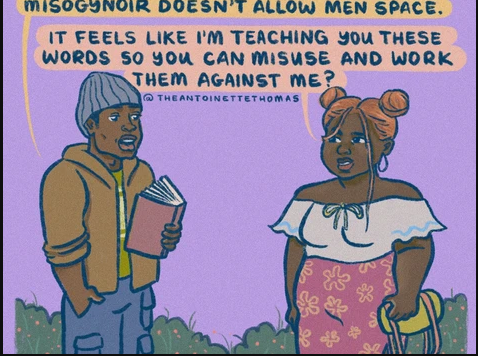
We caught their cool collab with Blair Imani and now we want personalized stickers! Check out their website to access their art!
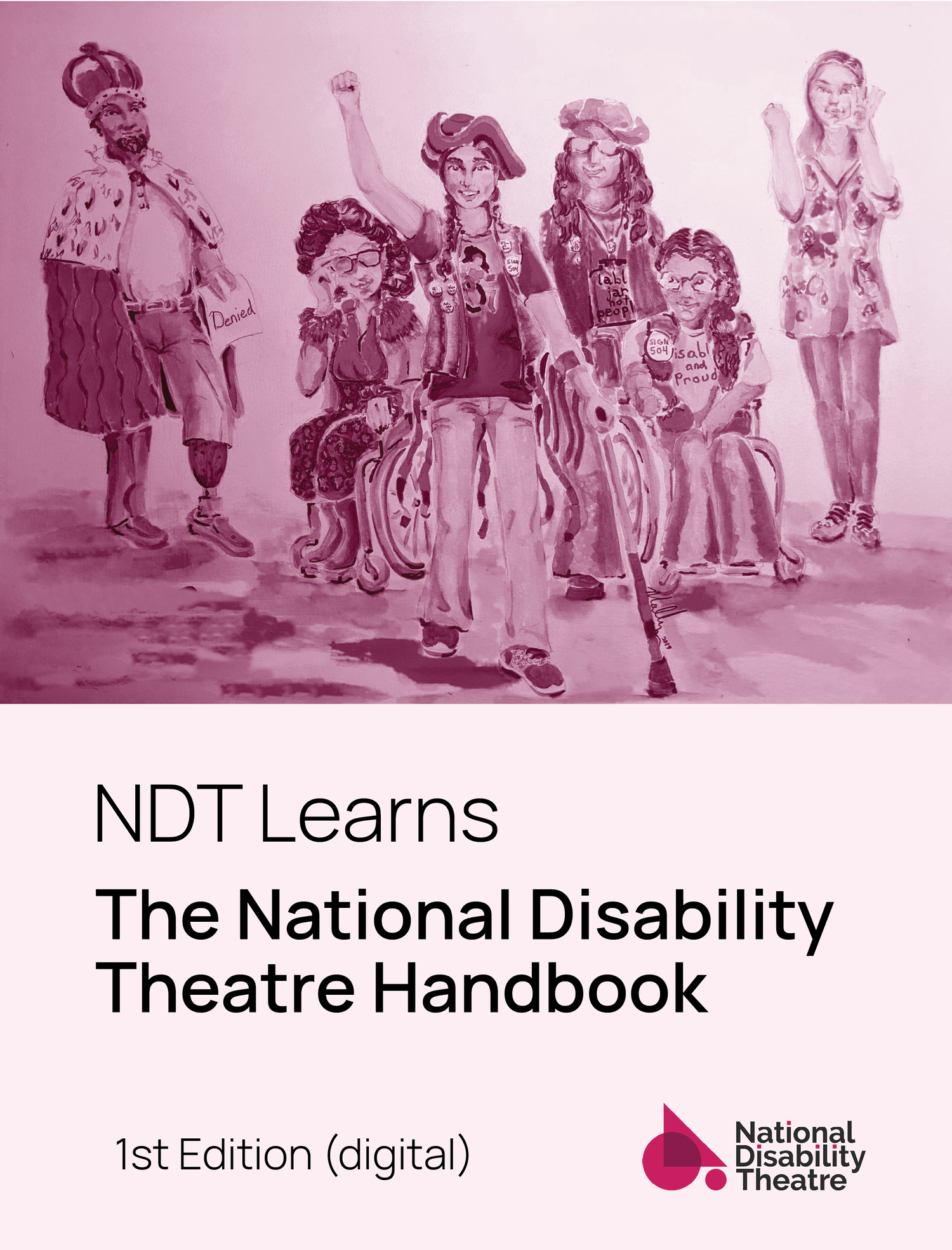
The National Disability Theatre Handbook is an exceptional resource that brings together big ideas and practical resources for the world of disability theatre. Having contributed to its content and audio version, I can attest to its profound impact.
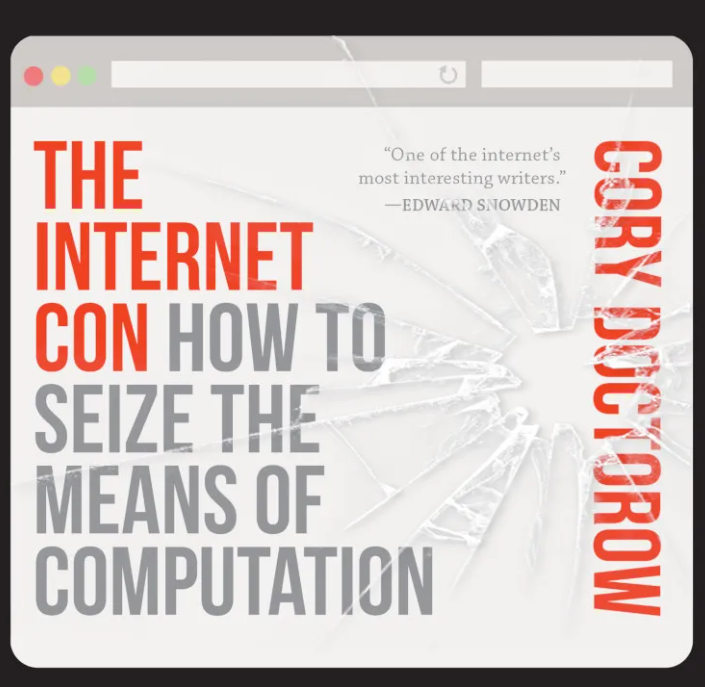
HERE IS HOW platforms die: First, they are good to their users; then they abuse their users to make things better for their business customers; finally, they abuse those business customers to claw back all the value for themselves. Then, they die.
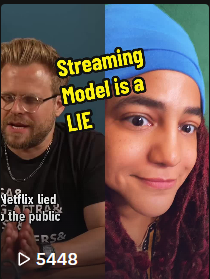
Calling Up Justice has been having an energetic conversation about streaming platforms and audience options. Several hundred thousand folks are participating in this conversation. After hearing that studios are continuing to lock away content and raise prices, many folks are ready to cancel their accounts. Some have already left. The conversation continues. We promise to post additional videos here.

Calling up Justice is a fan of advice channels but so often they can be toxic. We love Frinny’s channels and enjoy her reading of AITA type material from her audience and reddit. We discovered them on tiktok but you can enjoy their work in both video and audio on the channels below. Check out their project Vibes n Delights below.
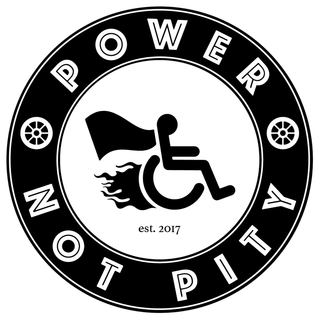
POWER NOT PITY: A podcast for disabled people of color everywhere

Welcome to Calling Up Justice Artificial Intelligence Experiments! We started tinkering with AI tools like ChatGPT, DALL·E, and MidJourney as soon as they hit the scene. We hopped onto the DAIR Mastodon server and dug into papers like “Stochastic Parrots” to learn from experts on AI Ethics. Once we spotted the unfairness baked into this tech, we knew it would soon be everywhere. So we crafted a video game that takes a stand against platforms taking from visual artists. Yep, we’re part of the Archive of Our Own fanfic crowd, and we’re sure that our data was probably scrubbed. To a certain extent we think of these platform as partially ours since they wouldn’t exists without the data they got from us. Check out our fanfic collections and visual art we’ve generated. We’re experimenting with AI to fight bias and make things more accessible. Sure, we’re a bit skeptical, but we’re all about understanding these tools and having some real influence. Our focus? Using them to push for disability and racial justice in our AI experiments and projects. Our Accessible Innovation project is producing tangible results.

“Speculative Stories for the Strike” is a captivating collection of original narratives crafted by the imaginative mind of Claudia Alick. These tales serve as a rallying cry, echoing the urgent calls of the 2023 Writers Guild of America (WGA) and Screen Actors Guild-American Federation of Television and Radio Artists (SAG/AFTRA) Strikes. Alick’s vivid storytelling brings to life a series of gripping scenarios that ponder the consequences of unchecked power, as studios continue to wield AI as a tool of manipulation and dominance. “Speculative Stories for the Strike” captivates, inspires, and sheds light on the crucial struggles faced by those who bring stories to life, reminding us of the power of storytelling to drive change and shape a more equitable world.
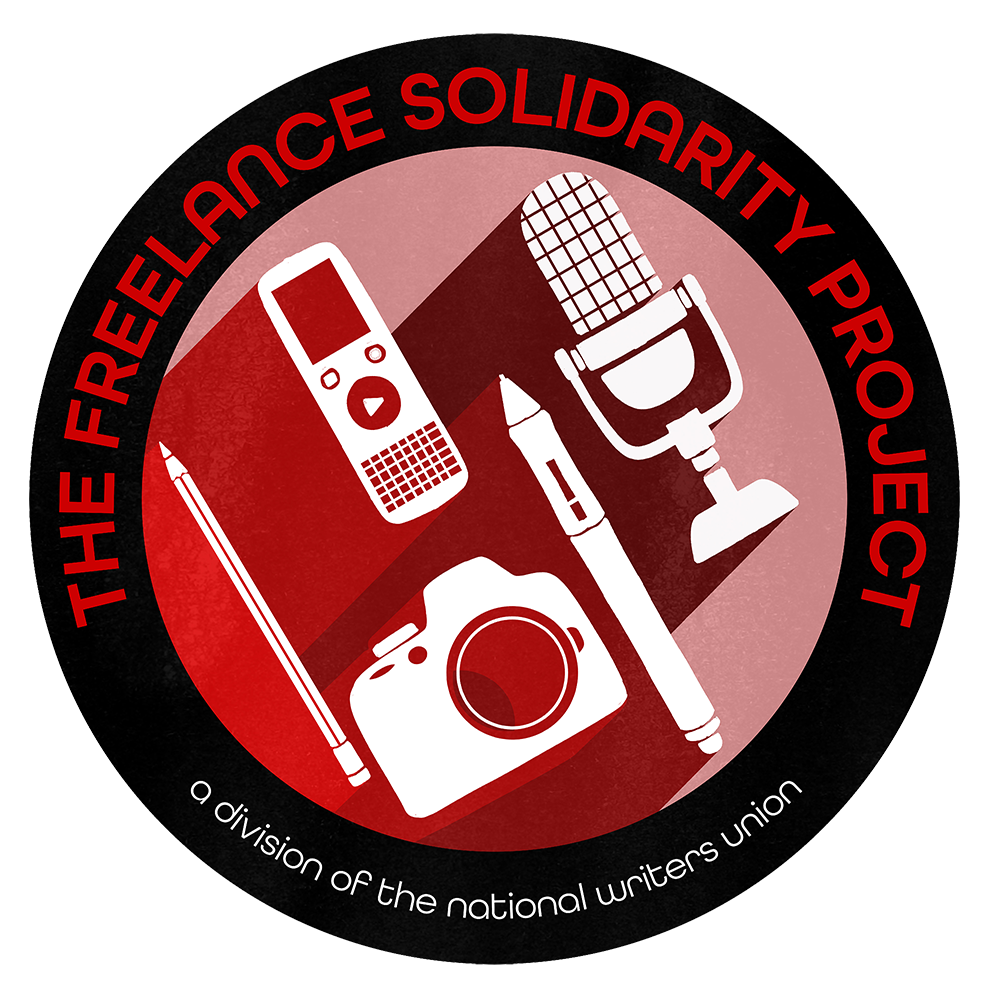
Calling Up Justice supports the Writers Guild of America (WGA) and Screen Actors Guild-American Federation of Television and Radio Artists (SAG-AFTRA) strike by continuing to produce our work. As individuals we publish our work of critique and celebration of cultural productions on social media platforms independently. We are not influencers on behalf of commercial or corporate powers. It is because our work is counter to supremacy culture that silence is never the solution. We are not promoting struck work. We are using it.
Copyright © 2023 Calling Up! • Site Design by MULTO.com
Calling Up Justice is fiscally sponsored by Intersection for the Arts, a 501(c)(3) nonprofit organization, which allows us to offer you tax deductions for your contributions. Please make checks payable to Intersection for the Arts, and write “Calling Up Justice” in the memo line. This ensures that you’ll receive an acknowledgement letter for tax purposes, and your donation will be available for our project.